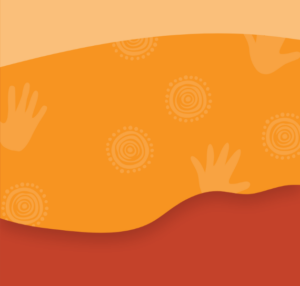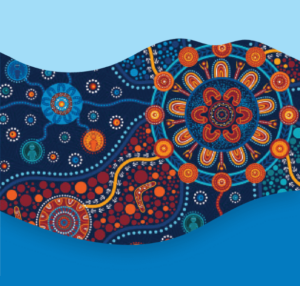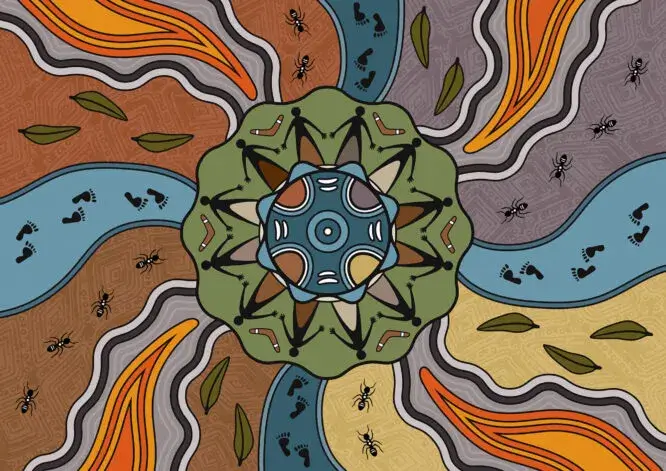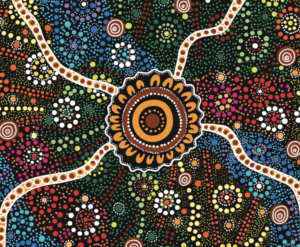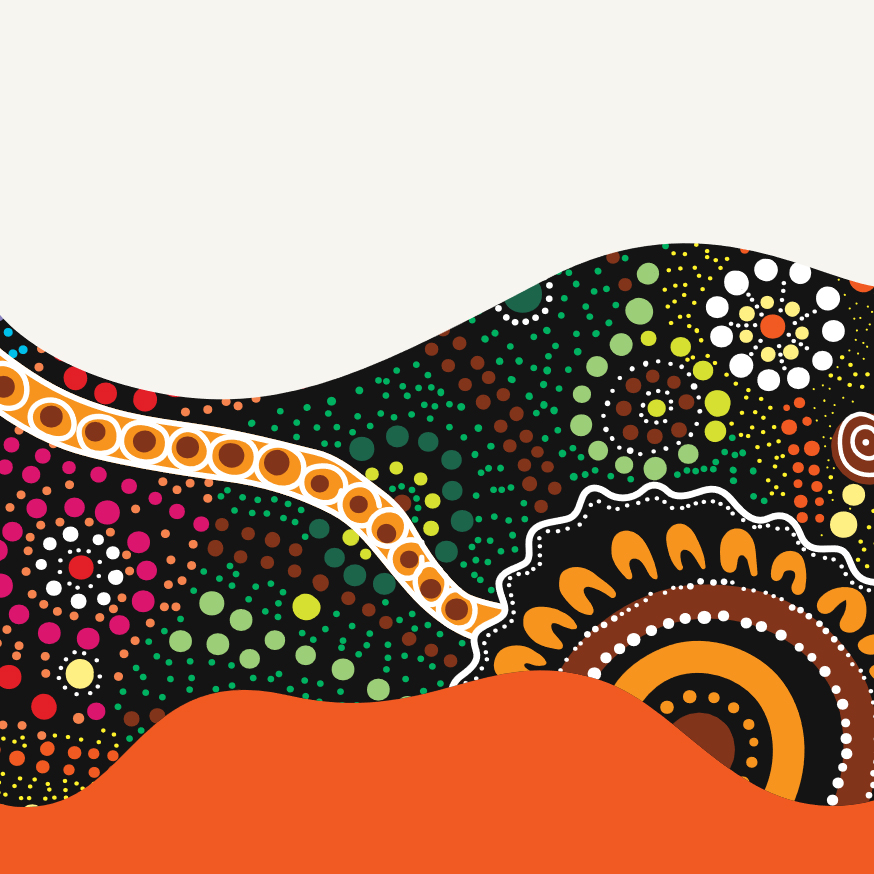Chronic Health Conditions:
A Chronic condition is a persistent health condition with long-lasting effects that come with time. Indigenous Australians are more likely than non-Indigenous Australians to have chronic health problems, contributing to 80% of the mortality gap between Indigenous and Non-Indigenous Australians aged between 35 and 74. The major Chronic diseases that disproportionately affect the health of our mob are Diabetes and Kidney Disease, Respiratory Diseases, Cardiovascular Disease, and Musculoskeletal Conditions,
Living Longer Stronger is an AH&MRC project aimed at addressing the prevalence of chronic diseases in Aboriginal populations in NSW AH&MRC is committed to addressing this health disparity in NSW by providing health practitioners with culturally appropriate resources and training.
Living Longer, Stronger Resources
The Living Longer Stronger resource kit was developed to meet health professionals’ needs for a practical resource that considered chronic conditions holistically; was culturally acceptable within Aboriginal communities; acknowledged the unique role of the Aboriginal Health Workers (AHWs); and could be used to discuss with patients the importance of seeing a range of health professionals and attending appointments.
Living Longer Stronger would assist Aboriginal Health Workers in accessing information for the successful management of the following chronic health conditions:
- Diabetes and Kidney Disease.
- Respiratory Disease.
- Musculoskeletal Conditions.
- Cardiovascular Disease.
1. Diabetes and Kidney Disease.
Chronic Kidney Disease (“CKD”):
The kidneys’ main job is to filter extra water and waste from your blood to make urine. CKD means your kidneys are damaged and cannot filter blood the way they should, and as a result, cause dangerous levels of fluid, electrolytes, and wastes to build up in your body.
CKD is often associated with chronic conditions such as diabetes and heart disease (Australian Bureau of Statistics, 2019).
2. Respiratory Disease:
Respiratory diseases, such as asthma, chronic obstructive pulmonary disease (COPD) (including chronic bronchitis and emphysema), pneumonia, and invasive pneumococcal disease, significantly cause poor health and death for Aboriginal and Torres Strait Islander people. Almost half (47%) of the respiratory disease burden among Indigenous Australians in 2018 was attributed to smoking (AIHW 2022).
Smoking Cessation
Smoking is one ‘Behavioural’ risk factor contributing more to Indigenous chronic disease, especially respiratory diseases than any other.
In terms of developing and engaging in ‘culturally appropriate’ anti-smoking initiatives, the AH&MRC of NSW is already involved in a project called, “Which Way?”, which aims to co-develop an Indigenous-led evidence base for a smoking cessation intervention to support Aboriginal and Torres Strait Islander mothers to be smoke-free during pregnancy and beyond

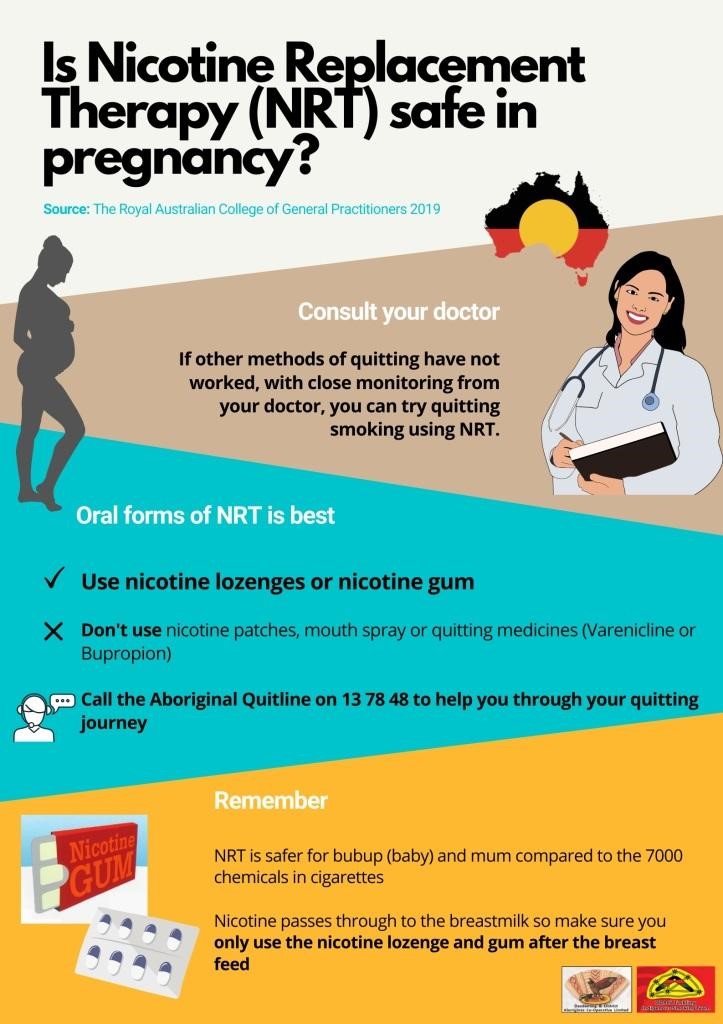
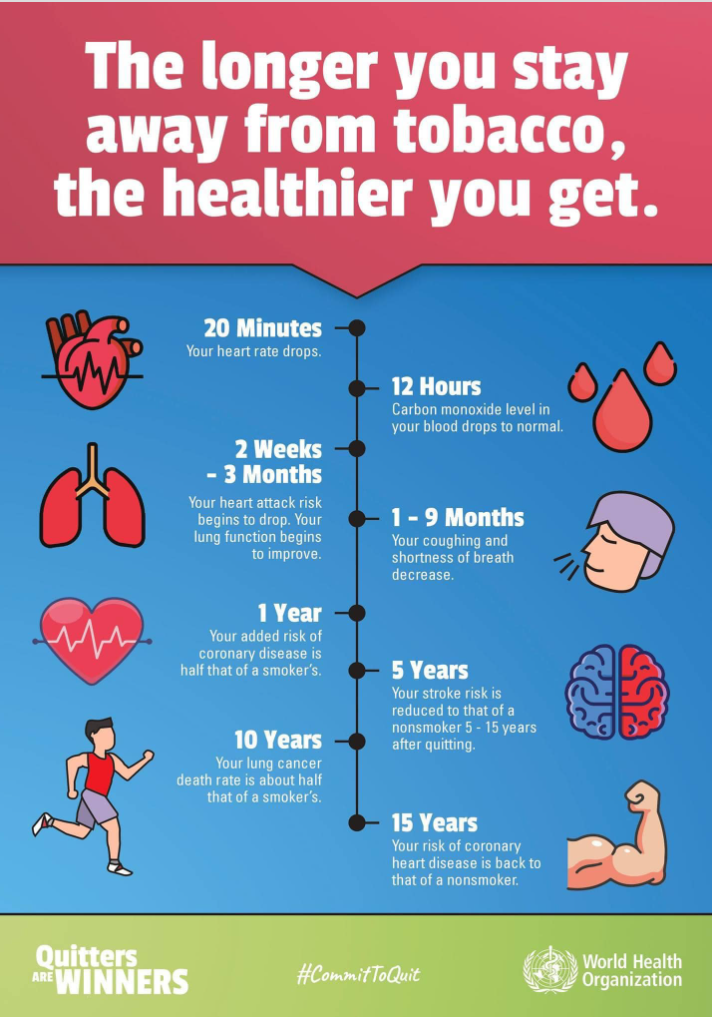
3. Musculoskeletal Conditions:
The musculoskeletal system comprises the body’s bones, joints, muscles, and connective tissues. Chronic conditions involving the musculoskeletal system (i.e., conditions lasting longer than three months) can significantly negatively impact a person’s quality of life.
4. Cardiovascular Disease:
CVD is a general term for all diseases/conditions which affect the heart and blood vessels.
Specific types of CVD include Coronary Heart Disease, Cerebrovascular Disease (including Stroke), Hypertension (High Blood Pressure), and Rheumatic Heart Disease.
Among specific CVD, Coronary Heart Disease (caused by plaque build-up in the wall of the arteries that supply blood to the heart) contributes most to the mortality rate.


